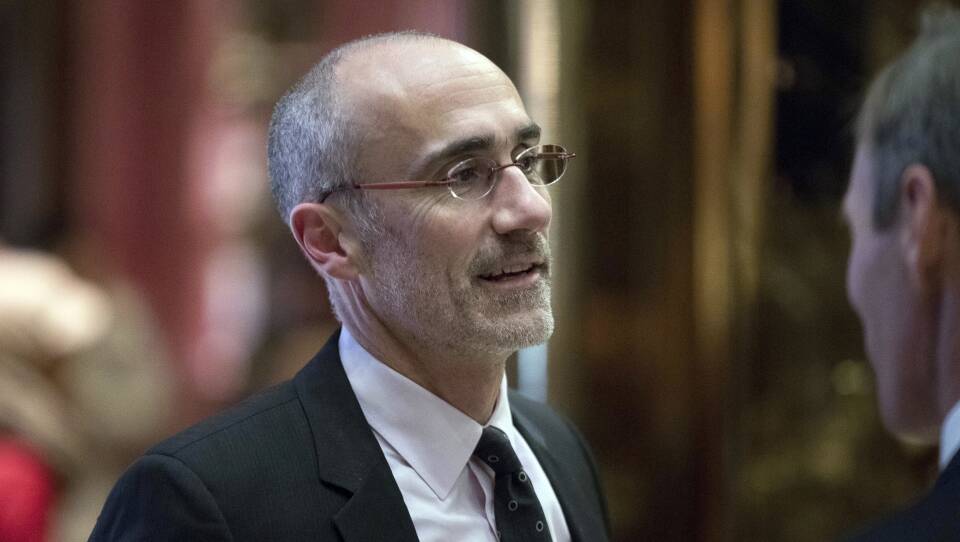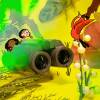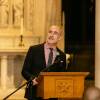The key to thriving in the second half of your life isn’t to keep pushing ahead in your career — it’s pivoting to something entirely new.
Social scientist and Atlantic columnist Arthur C. Brooks joined Boston Public Radio on Thursday to share the philosophy behind his latest book , “From Strength to Strength: Finding Success, Happiness, and Deep Purpose in the Second Half of Life.”
"One of the interesting things that I found over the course of this research is that you get two big curves of success, so you go up and come back down on the first one," he said. "And then if you find it, if you choose to look for it, you get a second success curve behind it."
He said research shows humans will be better at certain things earlier in life, during that first big curve of success. That's because a person's fluid intelligence — their analytic speed and ability to focus on problem-solving — is increasing through youth and into their early 30s. That first half of life is also a good time to invest in the things that will pay divdends later, focusing on faith, family, friendships and work that serves others.
Then, between the ages of 36 and 52, people may begin to feel as if they're burning out when their fluid intelligence begins to decrease. But they can find that second wave of success by appropriately using crystallized intelligence, which he defined as a person's accumulated knowledge or wisdom.
"It's scary to jump from one to the other because you have to do different things," he said. "You have to change jobs, which you have to go from the analyst to the mentor, from the innovator to the teacher. That's what you need to do. And that means different things in different jobs."
It’s that fear of change that stops even the most successful people from transitioning in the second half of their life, Brooks says — and that decision not to change can leave people feeling stuck as they grow older.
“As a striver, I’m not gonna lie — I'm afraid of becoming irrelevant. I'm afraid of losing the admiration of others, I’m afraid of failure, I just am,” Brooks said.
He said meditation, specifically "meditating on the version of death that bothers you the most," can help people face their fears through becoming familiar with them and recognizing the inevitable.
“You know what death is for me? It's irrelevance. It's being walking dead. It's like not being the special one. That's my fear,” Brooks said. “I meditate on obscurity, I meditate on irrelevance, I meditate on being forgotten. It's changed my life. I can actually face these things, and I can be fully alive today without that phantasm chasing me.”







